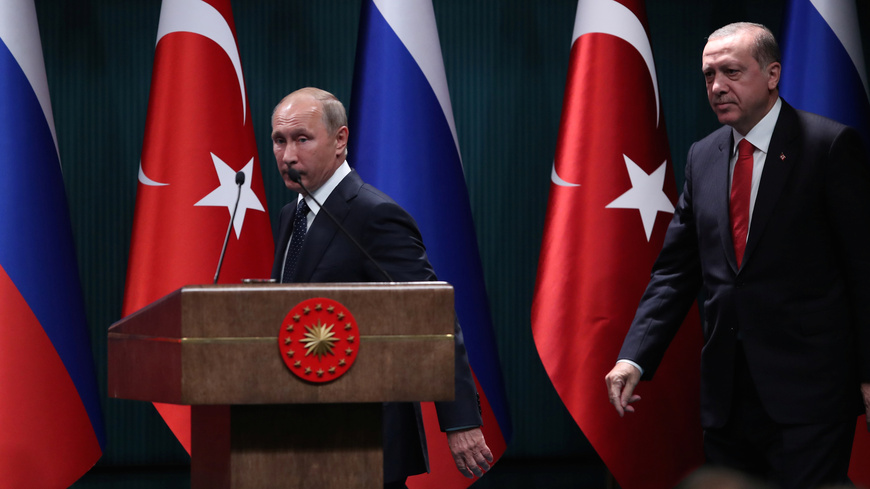From Al Monitor. Any opinions here are those of the author, and do not necessarily reflect the views of Iraq Business News.
Russian President Vladimir Putin had been banking on Iraqi Kurdistan Region President Massoud Barzani.
Over the past year, Russia has invested over $4 billion in the Kurdistan Region’s energy sector, overtaking the United States as the largest investor. By making such a commitment to northern Iraq, Putin was likely counting on both an eventual energy windfall and another card to play as a regional broker at the expense of the United States.
He could count on good, or at least working, relationships with Damascus, Tehran, Ankara, to some extent Baghdad and, with the massive oil and gas venture, Erbil.
What the Russian president had not banked on was that Barzani would go ahead with the independence referendum on Sept. 25 against widespread international and regional opposition. The Kremlin, of course, could not support ethnic separatism, and was probably hoping for a last-minute deal with Baghdad to stave off the vote.
As the prospects of a postponement collapsed, Barzani likely saw Russia’s investment as a hedge against the nearly unified international opposition to its referendum on independence.
Putin, of course, kept up appearances of being in control, but there was no denying the unusual nature of his visit to Ankara on Sept. 28 for consultations with Turkish President Recep Tayyip Erdogan, just three days after the referendum vote.
Erdogan’s position was predictable and blustery, including when he said, “No one has a right to throw our region into the fire,” as Yekaterina Chulkovskaya reports. But Putin sought to dial it down, and instead referred to the Russian Foreign Ministry’s statement, which included the phrase “Moscow respects the national aspirations of the Kurds” and the hope for a “constructive and respectful dialogue, with a view to devising a mutually acceptable formula of coexistence within a single Iraqi state,” as reported by Jasper Mortimer.

